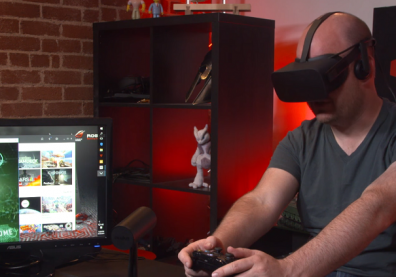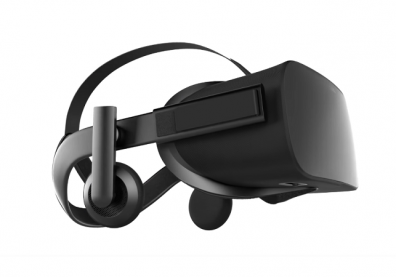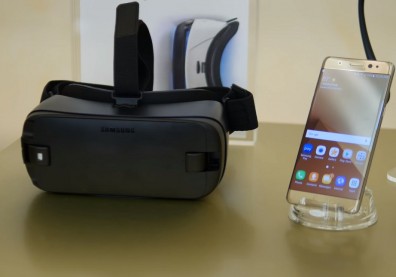While a lot has new things has been going on in the gaming industry with the introduction of new software, hardware, features and more; it can be no doubt that the Oculus is a standout. Despite the bullish efforts of large developers that have been around for quite some time, this newbie in the industry does not seem fazed although it has raised the eyebrows of many critics everywhere.
GameSpot recently caught up with the Head of Content of Oculus Jason Rubin about the company's annual Connect even which was held recently. Rubin went all out in revealing details that fans have been frequently asking which include touch pricing, possible controller fragmentation issues, and their stand on PlayStation VR. The price of the Touch controllers had been announced at $199 which when used with the Rift, will allow a player to walk around in a room in VR.
The entire package would cost a buyer around $880 which has led a lot of people thinking that the package has ended up more expensive than it was when it was initially announced. Rubin defends the team saying that he would have to put aside the Kickstarter phase since at that point, they worked with a small team even before they had their hands on making hardware for the product.
However, he says that those people are not correct since the competing products are actually about the same price for the same or equal quality. If one considers the total room scale price, they look cheaper but they do not offer a player a gamepad controller. They also do not give out a remote and their packages come with much lesser software so if one considers the price point, it is actually equal.
Shack News reports that an interesting point was raised and this is that the introduction of Touch might possibly fragment efforts in development since it coul force developers to choose how to optimize their software. In response, Rubin says that he firmly believes that developers will prefer an input modality that will work best for their games. He adds that he still sees a marketplace that would still be fragmented anyway if Oculus would cease to exist the day after.










